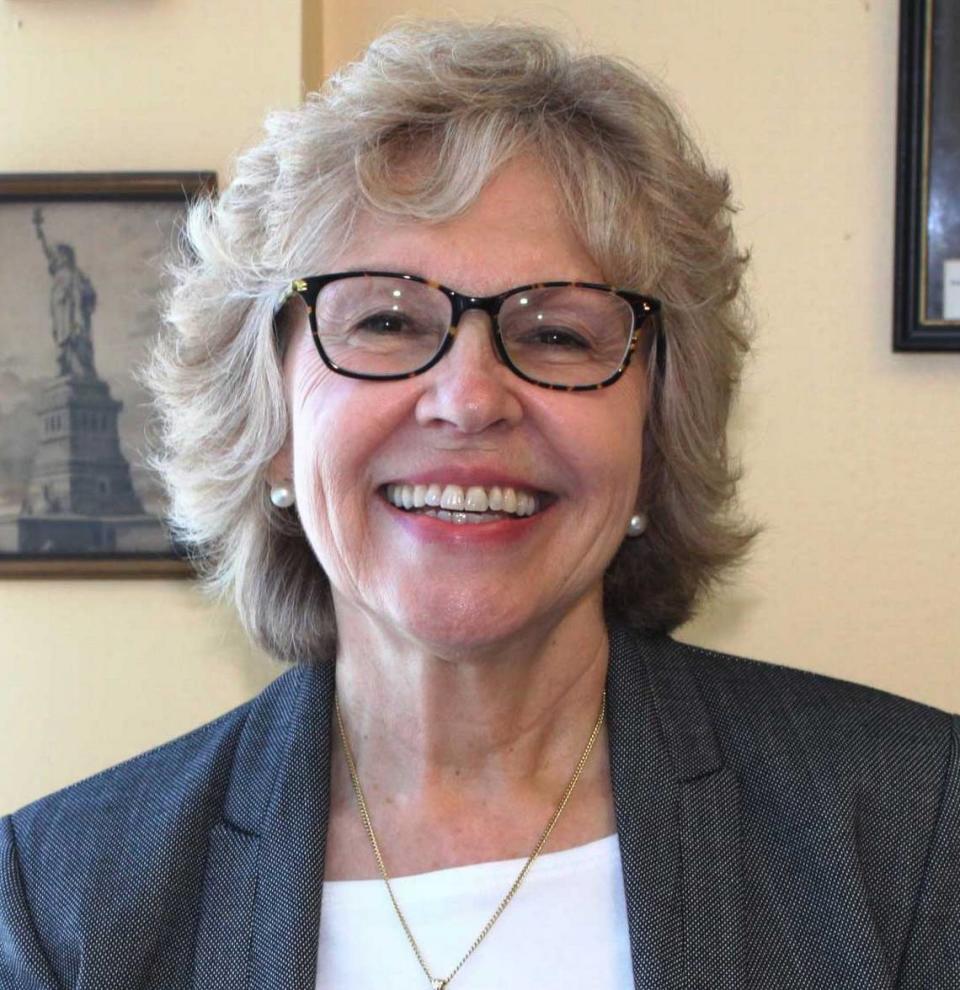It’s time for Rubio to take the lead on reforming our broken immigration system | Opinion
Reforms to fix our nation’s broken immigration system are long overdue. To fully recover from the COVID-19 pandemic and thrive again, we need Sen. Marco Rubio, the son of immigrants, to help lead bipartisan efforts to finally address this urgent issue. It will benefit all Floridians.
Despite their value to our society as economic drivers and community pillars, undocumented immigrants live with the reality that they could be forced from their homes, families and places of work at any moment. This includes recipients of DACA — Deferred Action for Childhood Arrivals — DACA-eligible individuals, Temporary Protected Status (TPS) holders and essential farmworkers, among others.
More than 4.5 million immigrants live in Florida — nearly one-fifth of its total population. These immigrants enrich our communities, drive workforce development and fill the essential jobs that have kept our state and country running during the pandemic. In fact, 390,000 undocumented Floridians have been working in essential industries such as farming, healthcare, manufacturing and food distribution during the pandemic. Immigrants have kept businesses from closing and our state moving forward. Immigrants and their families deserve certainty and the creation of a humane immigration system.
There is real momentum for the change our immigration system desperately needs, and we must take advantage of it. President Biden has made immigration reform a central piece of his agenda, and the U.S. House of Representatives recently passed legislation that takes important steps toward fixing the system’s shortcomings.
That these bill passed — they enjoy widespread bipartisan support — is great news for all Americans and is a significant step toward reforming our immigration system and securing future prosperity. But the fight is not over.
Now Rubio and his colleagues in the Senate have the opportunity — and obligation — to solidify the changes the country needs by working in a bipartisan manner to pass two critical reform bills: the DREAM Act and the Farm Workforce Modernization Act. In the absence of viable comprehensive reform, this proposed legislation takes an important step in addressing the needs of specific individuals who are making critical contributions to our community.
The DREAM Act would open an important pathway to citizenship for DACA recipients and DACA-eligible immigrants, young immigrants who came to the United States as children. With an earned pathway to citizenship, our state’s 24,000 DREAMers will be empowered to grow their contributions to our communities. This certainty would mean DACA recipient Santiago Potes, a Miamian and a Rhodes Scholar, could continue his studies and that DACA recipients like Maria Angelica Ramirez, who are parents to children who are U.S. citizens, wouldn’t be separated from their children and families. The stakes could not be higher.
The Farm Workforce Modernization Act would reform the H-2A program that farmers use every year to employ seasonal agriculture workers and create an earned pathway to citizenship for current undocumented farmworkers. Not only would this benefit the farmworkers who have been working long, hard hours to keep food on our tables during the pandemic, the Congressional Budget Office also estimates that it would increase economic output and employment opportunities for all workers.
I encourage Sen. Rubio to listen to his constituents and Florida businesses. He can act in our shared best interests and work in a bipartisan manner to pass the DREAM Act and the Farm Workforce Modernization Act. Floridian immigrants have been sacrificing for us all, for decades, and we must recognize these contributions.
Cheryl Little is executive director of Americans for Immigrant Justice. Krystina François is executive director of the Office of New Americans of Miami-Dade.



 Yahoo Movies
Yahoo Movies 
